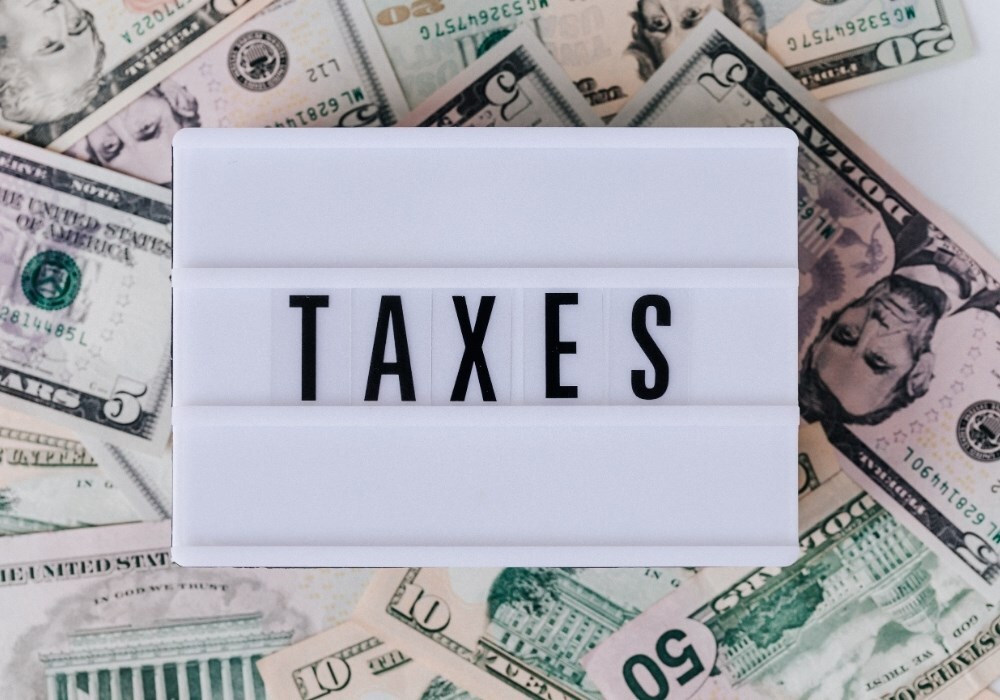您想继续阅读英文文章还
是切换到中文?
是切换到中文?

THINK ALUMINIUM THINK AL CIRCLE

Argentina’s government has suspended export taxes on aluminium, steel and related products from Wednesday to boost export competitiveness and stimulate industrial output. The policy, effective until 31 December 2025, applies only to destinations where import tariffs are at least 45 per cent. It reflects Argentina’s intent to liberalise trade amid domestic economic challenges.

The suspension aims to revitalise one of Argentina’s key productive sectors while easing financial strain on exporters. Aluminium and steel producers have faced global price volatility and high production costs. The government hopes this measure will encourage foreign exchange inflows through higher shipments abroad.
According to the decree, the tax suspension is a temporary relief for industrial producers and is dependent on global tariff conditions. The government linked this policy to import duties in destination countries, signalling its preference for reciprocal trade arrangements.
The move forms part of a broader trade strategy. Argentina recently attempted a similar approach in agriculture by briefly eliminating export taxes on soy, corn, and biodiesel. However, that measure was quickly reversed due to fiscal concerns, highlighting the administration’s cautious balance between supporting exports and maintaining revenue.
Unlike the short-lived agricultural policy, the metals tax suspension has a longer timeline, suggesting a more sustained industrial focus. Officials described it as part of an effort toward “increased transparency” in trade policy, consistent with Argentina’s economic reform message.
Despite a modest economic recovery, Argentina remains under pressure to attract foreign currency. Export taxes have long generated state revenue but discouraged production. By temporarily lifting them, the government seeks to enhance industrial competitiveness and expand export markets.
The initiative’s success will depend on global demand and the response of trading partners adjusting import duties.
For aluminium and steel producers, this could open access to previously unviable high-tariff markets. However, the measure’s expiry in 2025 and conditionality on tariff levels limit long-term predictability. If importing nations lower tariffs below 45 per cent, the suspension will automatically end. Whether this initiative becomes a permanent reform or remains a short-term boost for exporters is yet to be determined.
To know more about the global primary aluminium industry 2025 outlook, read “Global Aluminium Industry Outlook 2025”
Responses








